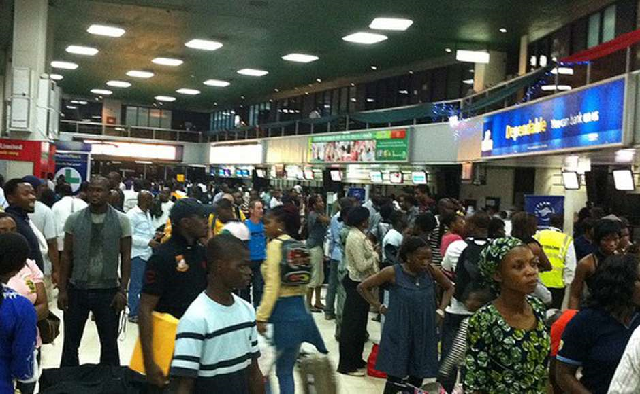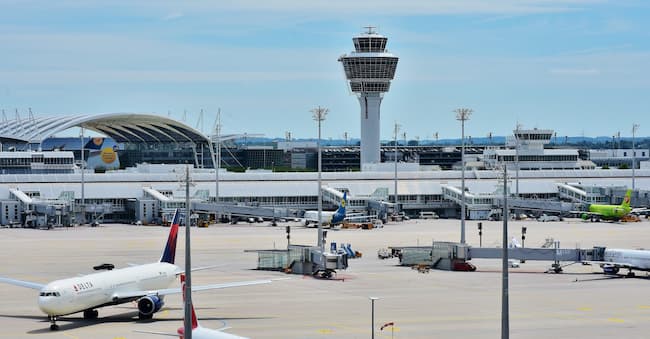There has been an increase in outbound passenger traffic since this year, as airlines indicate higher load factor on passengers travelling out of the country.
According to the Nigerian Civil Aviation Authority (NCAA), no fewer than 3,319,720 air travellers passed through Nigeria airports between January and March 2019, and there are indications that the number may double by the end of June.
It was also projected that the number of people who travel out of the country would increase by 50 per cent by the end of the year.
Travel expert, Ikechi Uko told THISDAY that there had been desperation by many Nigerians to leave the country because of what they perceive as uncertainty and despair.
“I think the stories I hear about what is happening in Nigeria is that everybody wants to move to somewhere. There is this seeming discontent or I don’t know what is going on that is prompting people to look for an escape.
Some of them emotionally, some spiritually and some physically, but I prefer the physical part to the guys who are killing themselves (suicide).
“If somebody decides to travel out of the country instead of killing himself, I think it is okay,” Uko said.
Uko, who is the organiser of Akwaaba African Travel Market, told THISDAY that many Nigerians feel that the environment over the last two years in Nigeria has conditioned people to movement, “but I cannot say what is driving the increase in movement.
“For now this is the summer season so you expect that there should be influx in outbound movement.”
Information from the Federal Airports Authority of Nigeria (FAAN) showed that many foreign airlines are recording high passenger traffic for outbound flights despite the fact that some embassies in Nigeria have introduced very strict conditions against those who request for visa to travel out of the country.
Reacting to this development, Uko said, “That is a sad one. We thought it was only the Americans that put the restrictions, but we have noticed that there is now a pattern of embassies finding reasons to turn away Nigerians.
“A rejection letter from the Swedish embassy best explains what is actually going on.
They think the Nigerian economy is not likely going to improve so people are going to be more impoverished so when they travel they are not likely going to come back.
“They also think that with increased spate of insecurity in the country, most Nigerian would want to go somewhere,” he explained.
Uko, recalled that during the last election, 250, 000 Nigerians went online and wrote that they wanted to leave Nigeria to Canada or elsewhere, noting that the embassies obviously read those reports and followed the trend.
By introducing very strict conditions against Nigerians who wished to secure visas to travel, Uko said the embassies were ripping off Nigerians because they collect visa fees even when they knew they would not give visa to applicants.
“But these embassies are benefitting from Nigeria. If you want to reject a visa, then just charge service fee and don’t collect visa fee. I am beginning to see that some embassies have turned it a cash making industry.
“Why reject visa requests and still collect the full fees?
Why can’t you take service charge? So it is both emotional and economic pain to Nigerians and I don’t think that the government of Nigeria should just stand back and watch people mess up the reputation of the country,” he said.
He, however, noted that the visa restriction might not affect the passenger traffic because there are a lot of Nigerians who continue to travel in and out of the country and that the major international carriers would always record high load factor.
“Most of big international operators already have guaranteed passenger traffic. These are premium players so they will always have their passengers.
Even during the time of the late General Sani Abacha administration, when Nigeria was a pariah nation and visa was very difficult to get; those airlines were doing well, still recording high load factor.
“So I cannot see them suffering now with the new visa regime we have in Nigeria,” Ikechi added.
Source: THISDAY











